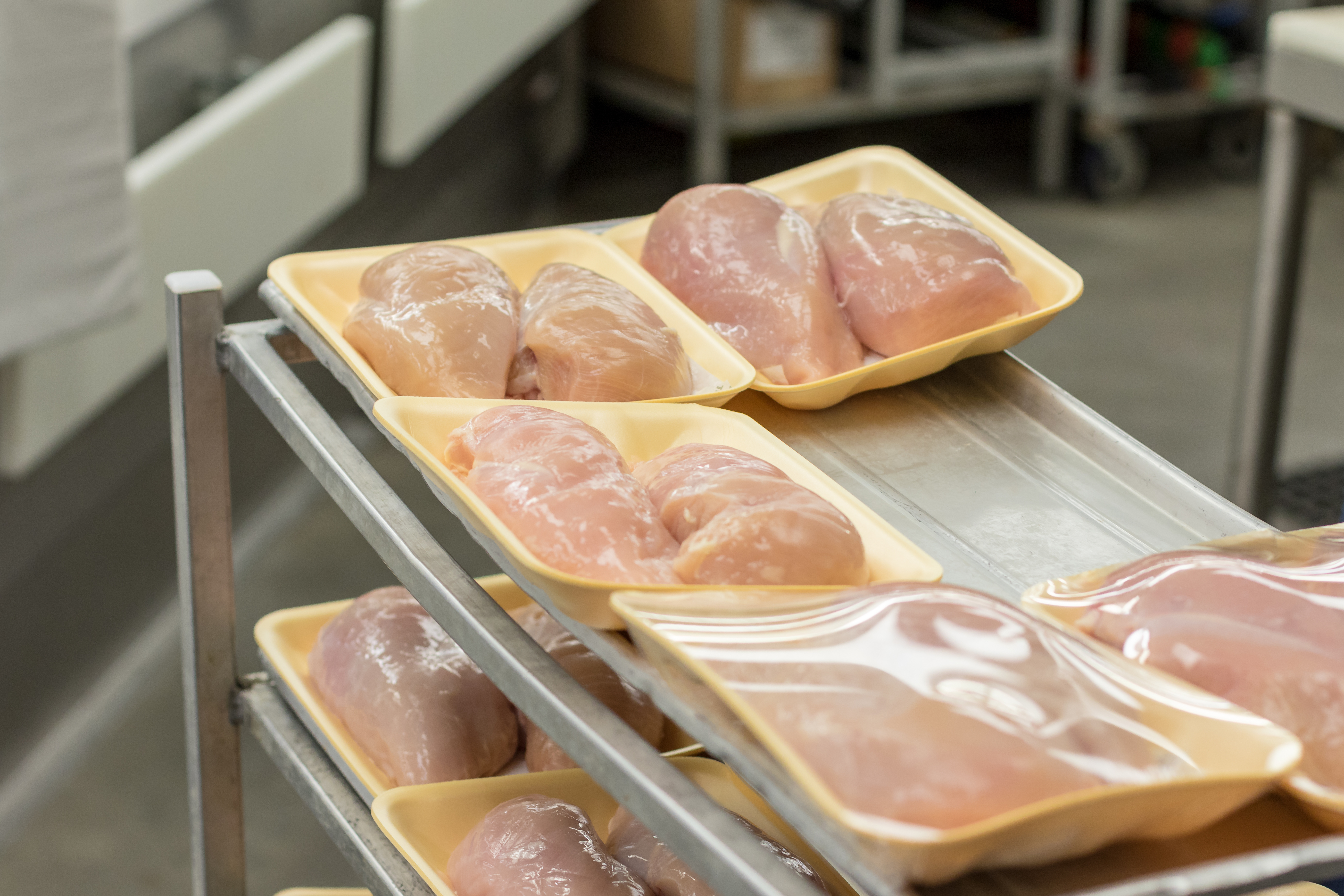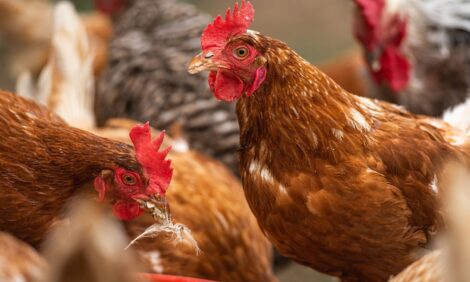



USDA urged to take action to reduce Salmonella in poultry
The Pew Charitable Trusts submitted multiple actions that the USDA and FSIS could take to reduce instances of Salmonella contamination in poultry.The Pew Charitable Trusts submitted comments on 16 October to the US Department of Agriculture Food Safety and Inspection Service (FSIS) proposing evidence-based approaches to better protect consumers from foodborne Salmonella. The comments respond to FSIS’ “Roadmap to Reducing Salmonella,” which outlined current regulatory initiatives and possible future efforts to control the pathogen in meat and poultry products. The nation’s infection rate has not decreased significantly since 2000, and illnesses from some Salmonella serotypes have risen rapidly.
Pew recommended that FSIS improve its approach to Salmonella contamination limits—known as performance standards—for poultry producers by targeting specific serotypes and considering the quantity and virulence of bacteria found in samples from food products and facilities. Advances in testing technologies over the past 25 years have made it possible to target these factors in the standards. Although the agency has no direct authority to require food safety practices on farms, Pew also urged regulators to consider how revised performance standards could incentivize farms to adopt effective interventions, such as Salmonella vaccines for chickens and turkeys.

Sandra Eskin, leader of Pew's food safety project elaborated:
"FSIS’s Salmonella Roadmap is missing an important opportunity to articulate a bold, visionary approach to achieve more effective Salmonella control in US food animal production. Most of its content uncritically assesses the comparatively ineffective approaches undertaken to date by the agency. Its few, suggested new paths may prove fruitful but lack concrete milestones and timelines for accomplishing them."
Steps that FSIS could take that might address problems of Salmonella contamination include
- Examining and considering semi-quantitative methods for Salmonella enumeration to inform future risk assessments
- Explore other innovative approaches to setting performance standards by targeting specific serotypes of public health importance and by focusing on virulence.
- Incentivising pre-harvest interventions. There are a number of actions it could take.
- Update and finalise its 2015 Draft Compliance Guideline for Controlling Salmonella and Campylobacter in Raw Poultry, which includes helpful guidance on effective pre-harvest interventions.
- Explore amending its HACCP regulations to add a programme that was included by the Food and Drug Administration in its regulations establishing preventive controls for processed food.










